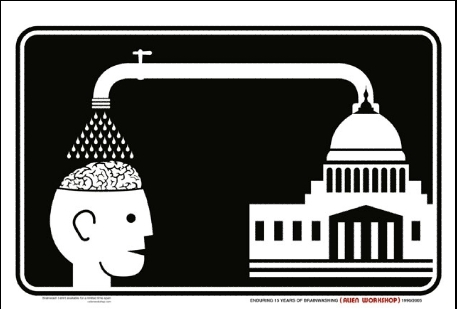This past week, April 24, European finance ministers met in Riga, Latvia. High on the agenda was the topic of Greek debt negotiations. Two months…
Since the official end of the last recession in June 2009, the wealthiest 1% households in the U.S. have captured 91% of all the net…
Updates on UK elections, crisis's long-term effects, Kansas demonizes the poor, and the mustard-ketchup economic war. Responses to listeners on child-support economics and car production…

In the world of monetary reformists, there’s a clear understanding that things not only shouldn’t continue as they are, they can’t continue as they are…
The Labor Department reported the U.S. economy created 126,000 jobs in March. This was a sharp slowdown from the 290,000 average over the prior three…

This week's Global Research News Hour focuses on the need to change economics as usual. Is it possible? Our guests include James Magnus-Johnston, the Canadian…

Updates on inadequate unemployment insurance, Ted Cruz's campaign money, law giving domestic workers real benefits, and demonizing the poor. Responses to questions on California drought…
Updates on car parts industry, German courts cut Uber, Russia's economy grows despite sanctions, no recovery in declining teaching positions for new US PhDs in…
Dr. Jack Rasmus turns the focus of today’s show from the global economy to the USA economy specifically. Is the USA economy ‘exceptional’, i.e. growing…

Updates on Trans-Pacific Partnership secrets, the Heinz-Kraft merger, the overly costly, underperforming US medical care system, fines for Graco selling faulty child car-seats, China's real-estate…

Dangerous stressors are converging around the growing demands for water the world over. Corporations and private capital are positioning themselves to take control as environmental…

What is a bigger threat to most Americans: big government or big business? In December 2013, the Gallup poll found [3] that nearly three out of four people…

